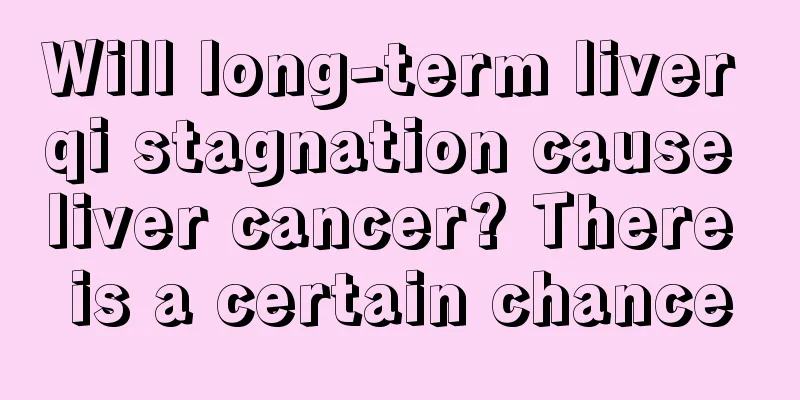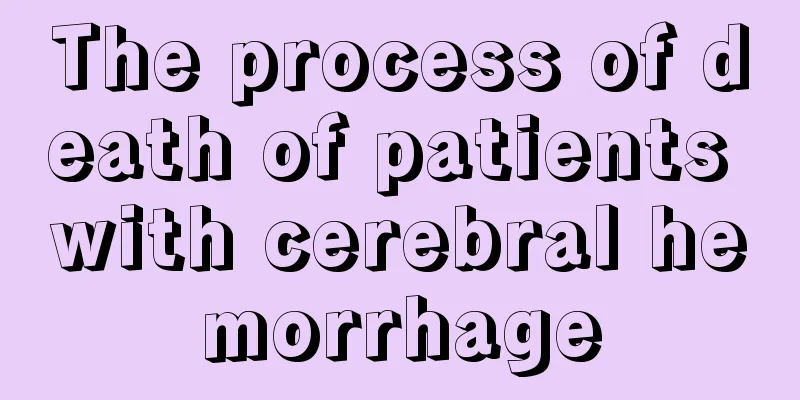My chest would sometimes beat violently

|
The human heart usually beats in a steady and continuous state, but occasionally arrhythmia may occur. There are many causes of arrhythmia, some of which may be caused by external factors, but more often they are caused by internal diseases of the human body. There are many manifestations of mental disorders. Some people have a slow heartbeat, but for others, their chests beat violently. So what causes this sudden chest beating? Sometimes we may feel our heartbeat suddenly jump, which is actually a manifestation of palpitations. Palpitations also have symptoms of heart fibrillation or irregular beating, which can last for a few seconds or minutes. When you first experience palpitations, you may feel scared and wonder if there is something wrong with your heart. Heart palpitations are usually nothing to worry about. one. What are palpitations? Each beat of the heart pumps blood throughout the body, delivering oxygen and other vital elements. The heart has four chambers connected by "one-way valves." Each beat of the heart is divided into two actions: Action 1: When blood is delivered to the upper two chambers, electrical signals cause contractions, pushing blood into the lower chambers. Action 2: Pushes blood from the heart to the lungs, where it mixes with oxygen and then circulates throughout the body. two. The reason why your heart beats randomly A skipped heartbeat can be the result of many factors, including: 1. Caused by lifestyle Vigorous exercise, not getting enough sleep, or drinking too much coffee or alcohol can cause palpitations. Smoking, or eating greasy or spicy foods can also cause palpitations. 2. Psychological or emotional fluctuations Palpitations can be caused by stress or anxiety, or they can occur during a panic attack. Other symptoms of panic include: nausea Feeling weak or dizzy Limb numbness Chest pain or tightness trembling Shortness of breath 3. Drug effects Many medicines can trigger palpitations. These include: Asthma inhaler medications, such as albuterol and ipratropium High blood pressure medications, such as minoxidil Antihistamines, such as terfenadine Antibiotics, such as clarithromycin and erythromycin Antidepressants, such as citalopram Antifungal drugs, such as itraconazole So when using these drugs, you should pay attention to the instructions about side effects. However, you do not have to stop taking these medications, or you can talk to your doctor about your concerns. |
>>: How to open a new iron pot
Recommend
What fruit is good to eat when you have a cough and phlegm?
Fruits like pears, apples, persimmons, grapefruit...
Tips for caring for your leather bag
Leather bags are one of the most commonly used it...
The principle of vitamin b6 in stopping vomiting
Many women take vitamin B6 in moderation during p...
Glycerin and white vinegar beauty method
In daily life, skin care is very important, and a...
Which acupoints on the back can be massaged?
The human body is composed of many acupuncture po...
Early prevention of rectal cancer
Since the cause of rectal cancer is not completel...
What are the characteristics of stable angina?
The occurrence of stable angina pectoris actually...
Is nasopharyngeal cancer likely to be inherited?
The chance of inheriting nasopharyngeal cancer is...
Is lung cancer contagious? A complete list of effective treatments for lung cancer
The probability of lung cancer transmission is ve...
Is there any relationship between lung capacity and running
There are many reasons for the good or bad lung c...
Detailed introduction to common prevention methods for gastric cancer
Gastric cancer is a common disease. Its incidence...
What should we do to prevent breast cancer? Here are 5 foods that can prevent breast cancer
Breasts are an important part of women. Many wome...
What are the symptoms of mid- to late-stage lymphoma?
Due to the different sites and ranges of lesions,...
What are the main symptoms of colon cancer?
What are the main symptoms of colon cancer? I bel...
Can't I squeeze the pimples on my chin?
Normal people will get acne on both sides of the ...









